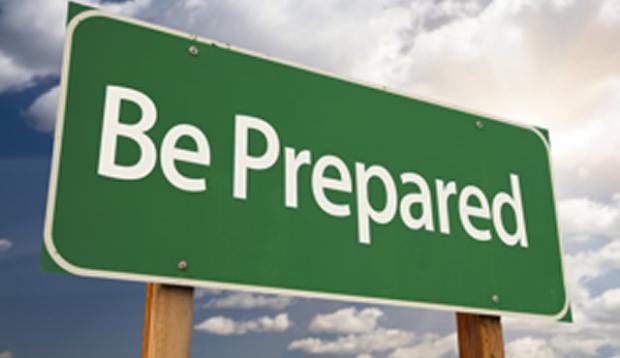
Breaking News
 Who Really Owns America (It's Not Who You Think)
Who Really Owns America (It's Not Who You Think)
 Canada Surrenders Control Of Future Health Crises To WHO With 'Pandemic Agreement': Report
Canada Surrenders Control Of Future Health Crises To WHO With 'Pandemic Agreement': Report
 Retina e-paper promises screens 'visually indistinguishable from reality'
Retina e-paper promises screens 'visually indistinguishable from reality'
 Unearthed photos of 'Egypt's Area 51' expose underground complex sealed off...
Unearthed photos of 'Egypt's Area 51' expose underground complex sealed off...
Top Tech News
 Future of Satellite of Direct to Cellphone
Future of Satellite of Direct to Cellphone
 Amazon goes nuclear with new modular reactor plant
Amazon goes nuclear with new modular reactor plant
 China Is Making 800-Mile EV Batteries. Here's Why America Can't Have Them
China Is Making 800-Mile EV Batteries. Here's Why America Can't Have Them
 China Innovates: Transforming Sand into Paper
China Innovates: Transforming Sand into Paper
 Millions Of America's Teens Are Being Seduced By AI Chatbots
Millions Of America's Teens Are Being Seduced By AI Chatbots
 Transhumanist Scientists Create Embryos From Skin Cells And Sperm
Transhumanist Scientists Create Embryos From Skin Cells And Sperm
 You've Never Seen Tech Like This
You've Never Seen Tech Like This
 Sodium-ion battery breakthrough: CATL's latest innovation allows for 300 mile EVs
Sodium-ion battery breakthrough: CATL's latest innovation allows for 300 mile EVs
 Defending Against Strained Grids, Army To Power US Bases With Micro-Nuke Reactors
Defending Against Strained Grids, Army To Power US Bases With Micro-Nuke Reactors
The Social and Psychological Cost of Preparedness, by A.C.

The act of preparing for an emergency is almost universally portrayed in popular culture as a solitary, dramatic, and often paranoid pursuit. Hollywood tends to show only the aftermath, illustrating the lone survivor who only needs their preps, but the reality of the emotional and social journey toward self-sufficiency is frequently ignored.
While preparedness can offer immense psychological benefit by converting generalized anxiety into tangible action, the path to this state of quiet confidence is frequently fraught with significant mental and social challenges. Anyone who commits to self-sufficiency must not only manage their stockpiles of supplies but also navigate the real social cost and the psychological pitfalls that come with this lifestyle that is often labeled as "fringe".
One of the most immediate challenges for the prepared individual is the social toll it takes, often stemming from the pervasive fear of being seen as "that guy"; the overly paranoid, alarmist, or extreme member of your social circle. Having discussions about extensive preparations with people in your social circles highlights a significant difference in priorities and worldviews, which can quickly lead to a sense of disconnect or alienation among friends and family. This social friction is often rooted in misunderstood motives; people who do not share a prepper's mindset see preparation as paranoia or an unhealthy fixation, leading to ridicule and a feeling of being judged.
This alienation can be compounded by two internal struggles. First, we as preppers may develop a "liability" mindset, subconsciously viewing non-preppers as potential burdens to us in a crisis, which erodes trust and makes forming new, meaningful social connections difficult outside of the dedicated prepping community. Second, to avoid overt judgment, many preppers resort to the social cost of secrecy. This choice, while protective against ridicule, leads to a profound sense of loneliness and a lack of authentic connection, as they cannot be their full selves around those closest to them. This heightened sensitivity to social rejection is so profound that it aligns with a psychological concept known as Rejection Sensitive Dysphoria (RSD, coined by psychiatrist William Dodson) which drives many individuals to avoid honesty to prevent emotional distress or ostracism, even when recommending something as simple as a podcast about preparedness.
The mindset of preparedness presents a dual-edged psychological reality; while the proactive nature of prepping can be a powerful management tool by reducing generalized anxiety and taking tangible control over variables, the anxiety that initiates preparation can become a major burden.

 SpaceX Heat Shield and Starship Mass Production
SpaceX Heat Shield and Starship Mass Production

